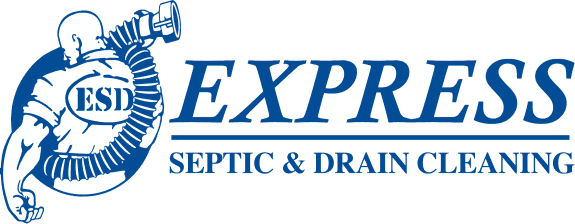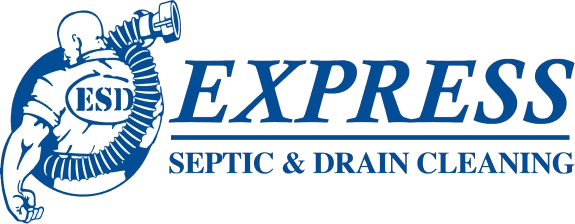You may be unfamiliar with the term “septage”. This is the material pumped from your septic tank. Septage is hazardous. This is because of the unknown quantity of pathogens that may have passed in bodily waste. Among them could include parasites, bacterial organisms, and other organisms that can cause other health concerns. It is vital to properly manage septage after its removal not only for your health, but for the health of the general public as well! That is why you should always have a professional empty your tank. They are familiar with proper disposal procedures.
Most septic tanks will function properly until the sludge accounts for about 40% of the tank. This is assuming both the inlet and outlet baffles are in good condition. It is good practice to have your tank pumped before it reaches this level. This will prevent damage and septic emergencies. The average household of 3-4 people should have their tank pumped every 3-5 years. Remember, a septage back up could be dangerous to your health!
The Idaho Department of Environmental Quality (DEQ) has created standards for the treatment of septage. Anyone desiring to pump, clean, or transport septage must obtain a permit to do so. Permit holders are familiar with local rules. They are trained in safe handling of wastewater.
Most likely, your contractor will take the septage from your tank to an authorized wastewater treatment plant. The technician will then give the information about his load to the plant supervisor. This will include how many gallons he is dumping, where it came from, and his permit information. This helps to regulate and control the disposal of the hazardous material.
Once taken to the plant, treatment of the septage starts. Filtered out first are the solids and grit. A large tank receives these materials. Here, sludge digesters break down the solids, organics, and organisms. This produces a biosolid. Once the process is complete, the biosolid that has been created is taken to the landfill. The waste is now biodegradable. The remaining water is aerated, clarified, disinfected, and eventually sent back to rivers to circulate. Marine life can use this water. Irrigation is a common use as well.
So, you see, it isn’t just as simple as dumping a truck anywhere! There are measures and procedures in place for our safety. Express Septic Pumping takes extra care to handle and dispose of your septage safely. Give us a call today to schedule your appointment!


